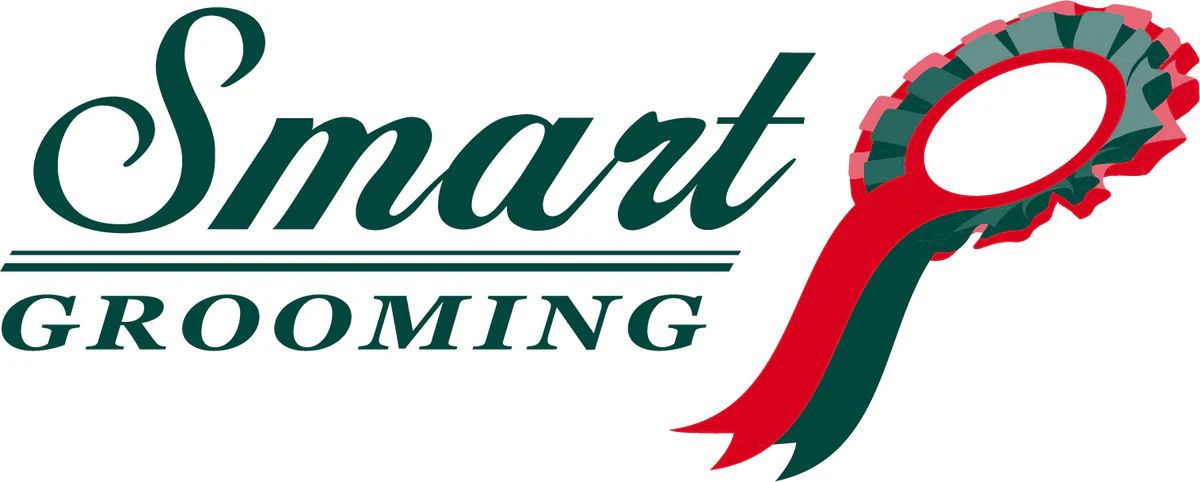- Join Us
- Login
- EEA ToolKit
- Employment Essentials
- Frequently asked
- Contracts and wages
- Time off work & absence
- Staff management & training
- Workplace disputes
- Dismissals and resignations
- Pregnancy and children
- Avoiding discrimination
- Redundancy and Retirement
- Other responsibilities
- Legal Helpline
- Recruitment
- Good Recruitment
- New starters
- Find a groom
- Good Employment
- Resources
- Downloads Library
- EEA Pension & Payroll
- Safe workplace
- Employers Minds
- Transporting horses
- Riding Establishment Licences
- Member discounts
- Business Hub
- Equestrian businesses
- The business plan
- Business compliance
- My clients
- Livery Contract Creator
- Financial matters
- Business challenges
- Marketing
- The EEA
- Employers Life
- Contact

Employer's Life
Together with the British Grooms Association, the EEA takes a deep dive into the topic of obsessive-compulsive disorder (OCD), and what it actually means for those who suffer with it. It’s currently Mental Health Awareness week 2023, the perfect time to raise awareness as to why this common phrase shouldn’t be used within job adverts. Employers use the term, OCD, when requesting candidates with a strong attention to detail and the ability to work to a high standard. It is not just employers who use the term OCD, many grooms are advertising their services with this phrase to convey they are diligent and take pride in their work. At first glance, most people wouldn’t notice this term being used within adverts, or even think twice about the meaning or impact this may have on the mental health of people suffering with the disorder. The context is generally used in a positive manner, and not to cause offence, however it’s time to understand why this term really shouldn’t be used in this way. Obsessive-compulsive disorder (OCD) is a common, chronic, and long-lasting anxiety related disorder in which a person has uncontrollable, reoccurring thoughts ("obsessions") and/or behaviours ("compulsions") that he or she feels the urge to repeat over and over. A sufferer will have obsessions and is also likely to have compulsions and unhelpful beliefs too. The obsessions and compulsions can be time-consuming, distressing and have a big impact on their day-to-day life, relationships and their ability to work. To really understand how the disorder has an impact on someone who works with horses, we spoke with a groom who suffers with OCD. “In my last job it became so bad that I couldn't go to sleep if I hadn't gone and checked on each horse, no matter the time or if it was my day off, (I lived on site). It didn't matter that there was CCTV, I needed to go and physically look at the horses to make sure they were fine. Usually that also involved double, triple, and quadruple checking the doors of each stable, because I couldn't trust myself that they had been closed. The main difference between being diligent at checking your work and having OCD, is that rationally you can be completely aware of how redundant and ridiculous your worries are, but you cannot go against your brain that keeps on nagging you with horrible scenarios of what would happen if, on the off chance, you were wrong and did forget to close that door.” OCD can’t be switched off, it isn’t possible to have the parts employers are hinting at (tidiness, cleanliness, good organisation etc), without the many other parts that make someone’s life difficult to manage. OCD is not an adjective or a quirk. Sufferers of OCD have a debilitating recognised disorder. Experiencing obsessions can make life really difficult. Consider how you would feel if you read a comment that made light of your serious and sometimes life-threatening disorder? A quote within an article by Rethink Mental Illness really brings home the message; When OCD is used as an adjective by the public it makes people less likely to take OCD seriously, and doesn’t convey the pain endured by sufferers. Download a obsessive compulsive disorder factsheet which gives information on the symptoms, causes and treatments for OCD. It’s good to talk about mental health, raising awareness is so important and helps everyone to understand these disorders without judgement. So please, don’t use the term OCD (or any other mental health disorder), within your adverts and if you see someone you know using the term as an adjective, take a moment to explain why this is damaging. Our Employers Minds online resource is dedicated to supporting the mental health and well-being of EEA members. The life of a equestrian employer can be complex, and so this bespoke project aims to support all that work in this area. The Equestrian Employers Association has been created to help employers of all sizes of business to be compliant, thereby helping you to protect your business. Your team are key to the performance and development of your business which is why looking after them is so important. If you would like help and support when it comes to employing your staff have a look at how we can help you today. OCD a bonus
18th May 2023
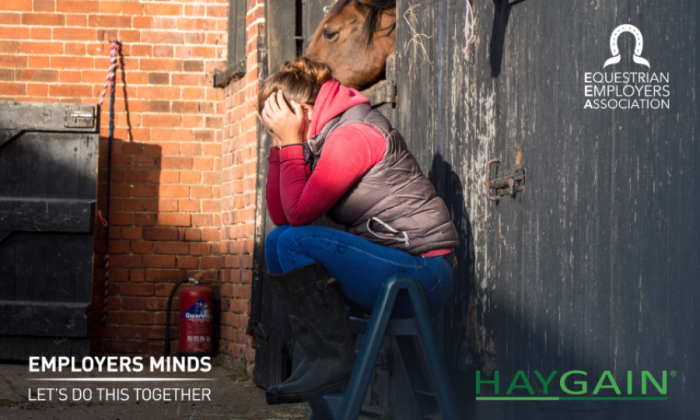
What is OCD
What could this look like for a groom?
Why is it important not to use OCD in adverts?
OCD Factsheet
Raising awareness
Need support?
BLOG ARCHIVE
- 2026 (1 ENTRIES)
- 2025 (18 ENTRIES)
- 2024 (10 ENTRIES)
- 2023 (10 ENTRIES)
- 2022 (6 ENTRIES)
- 2021 (4 ENTRIES)
- 2020 (7 ENTRIES)
- 2019 (14 ENTRIES)
- 2018 (9 ENTRIES)

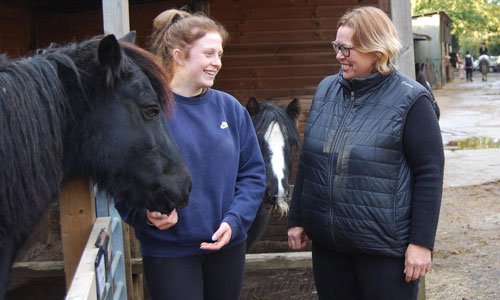



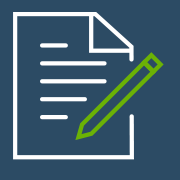







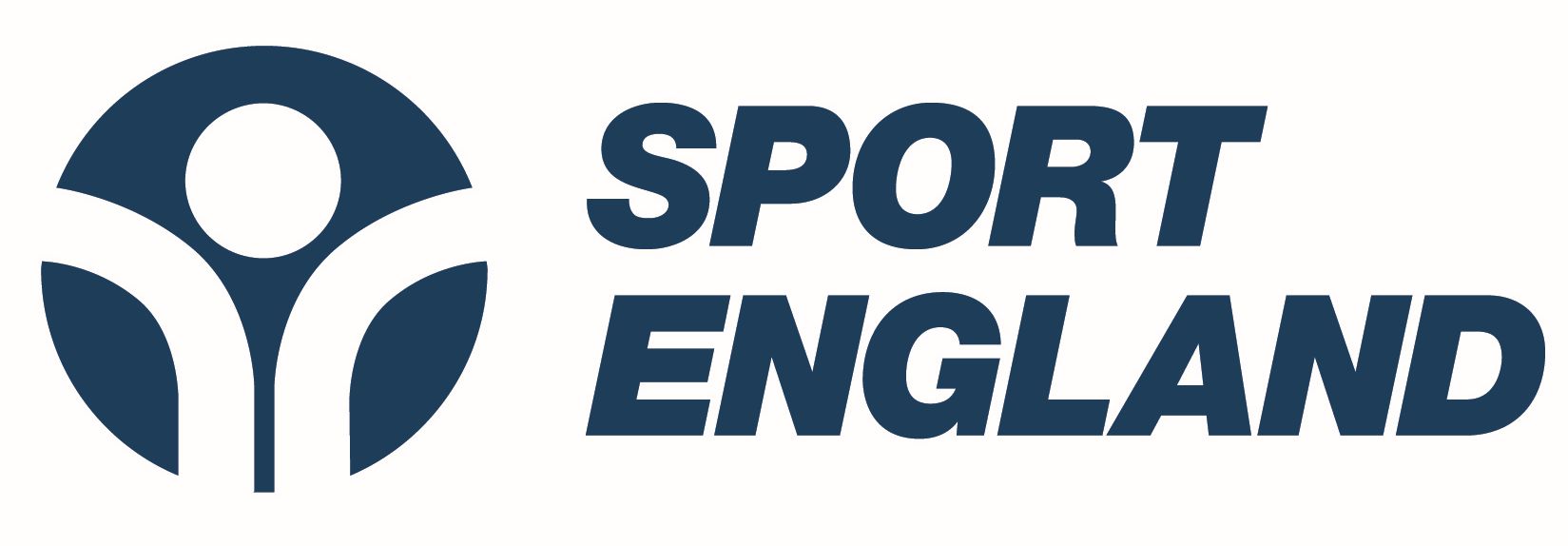
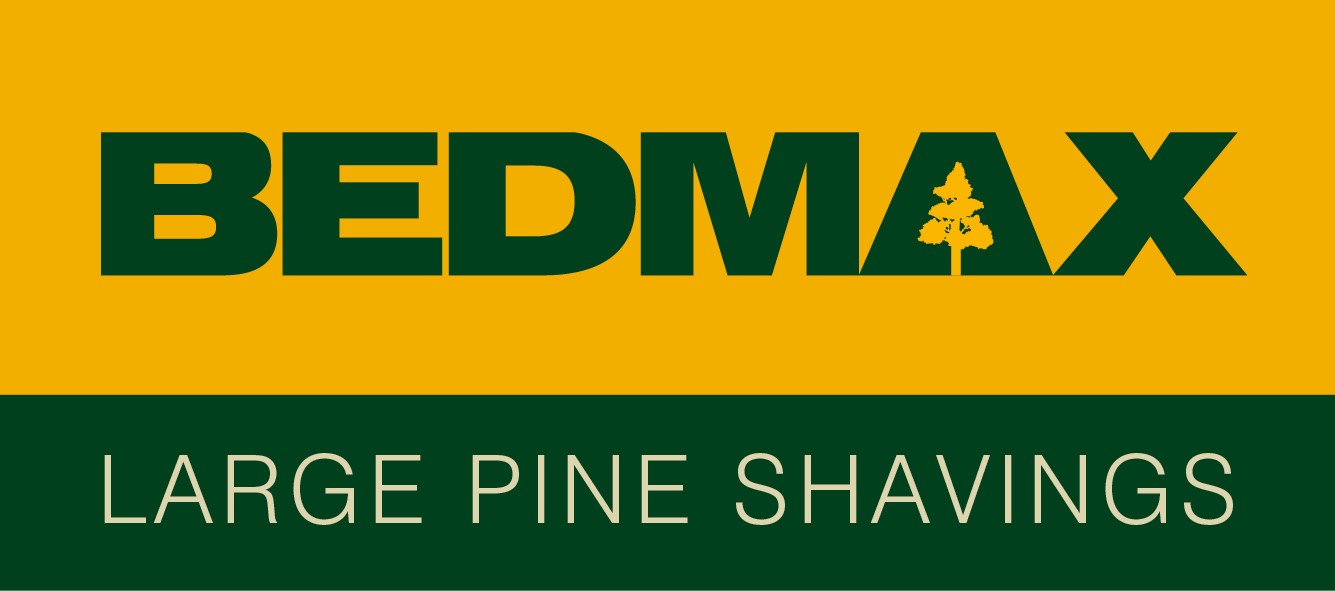
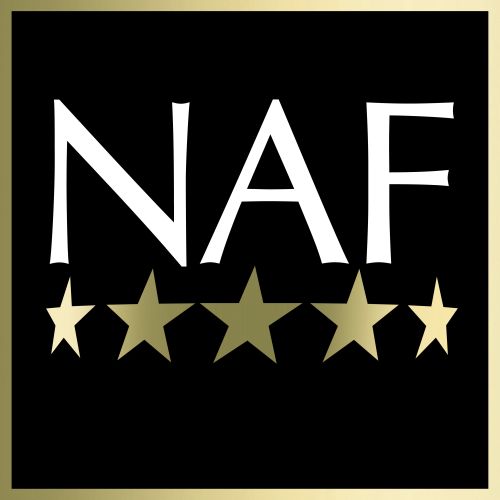


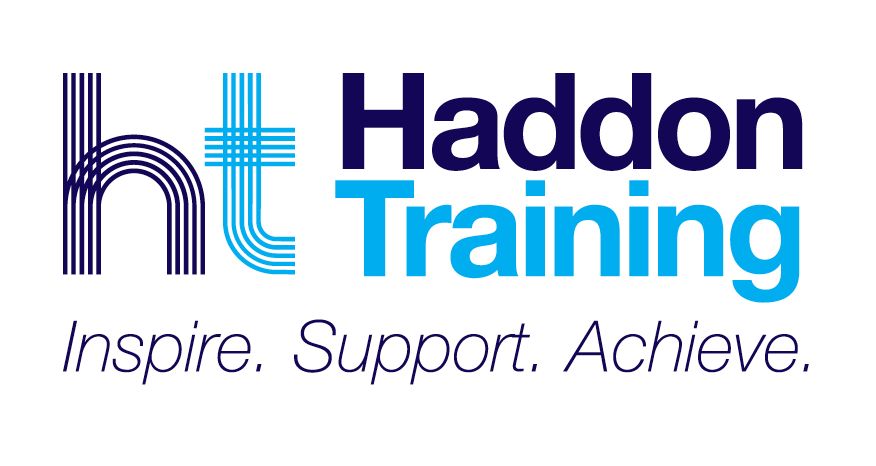
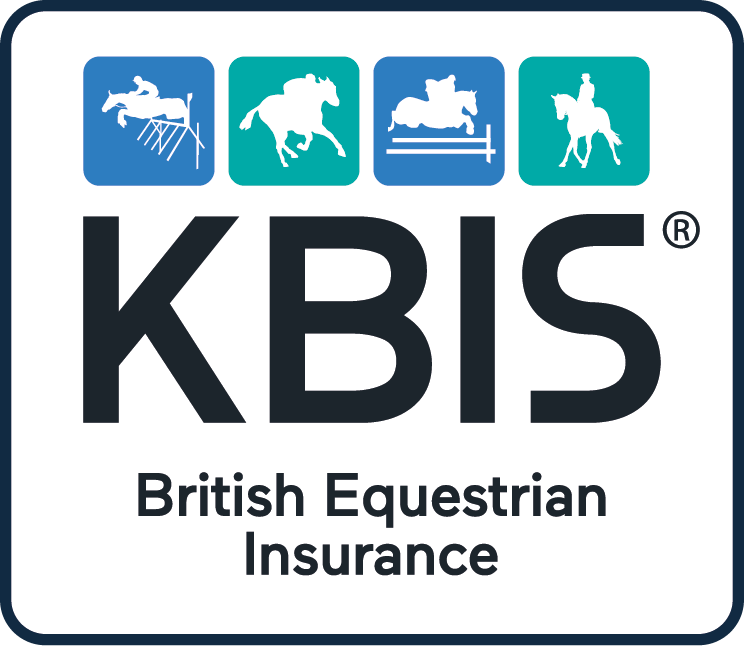
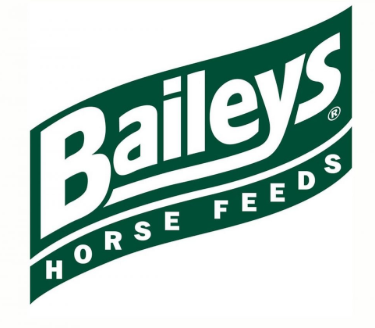
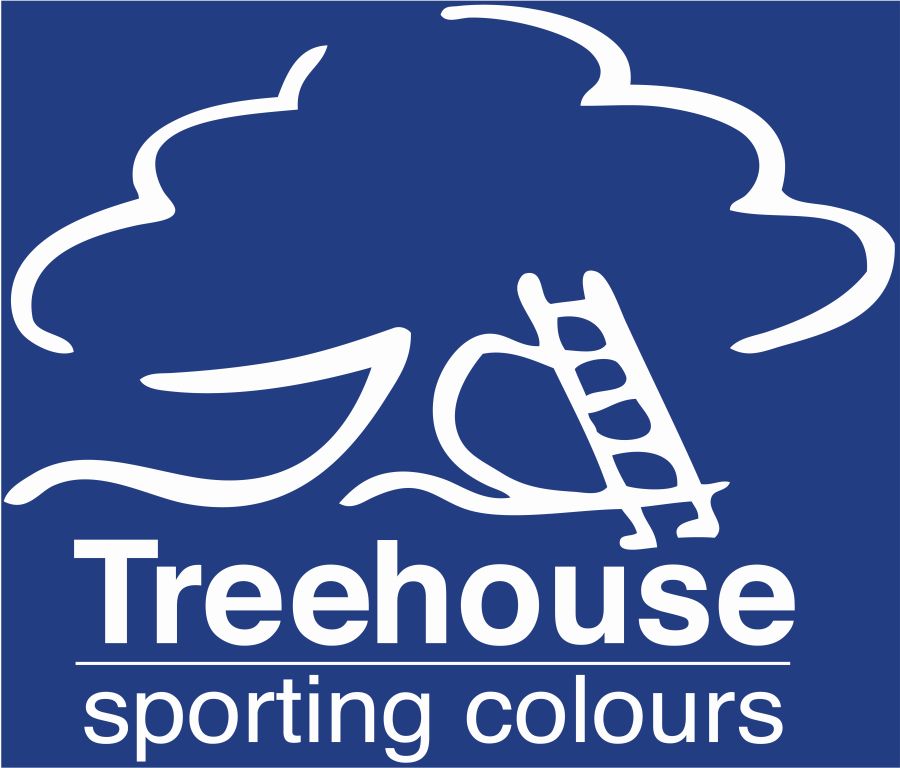

-Small.jpg)

